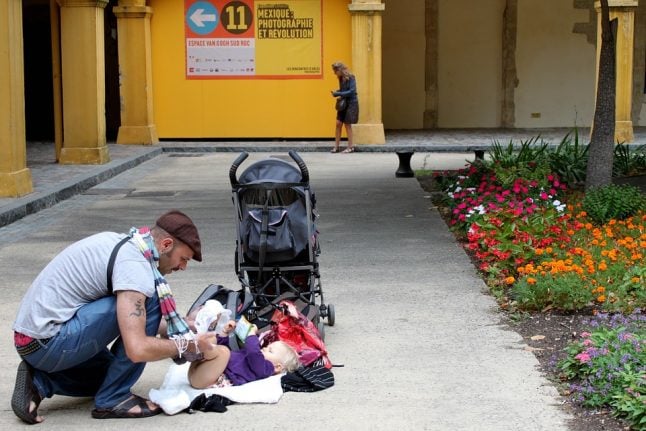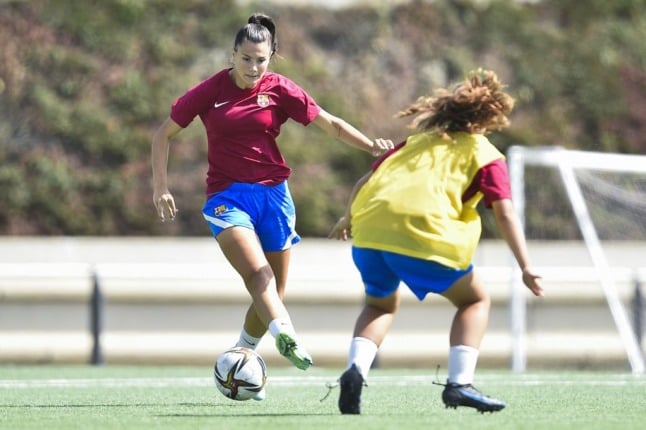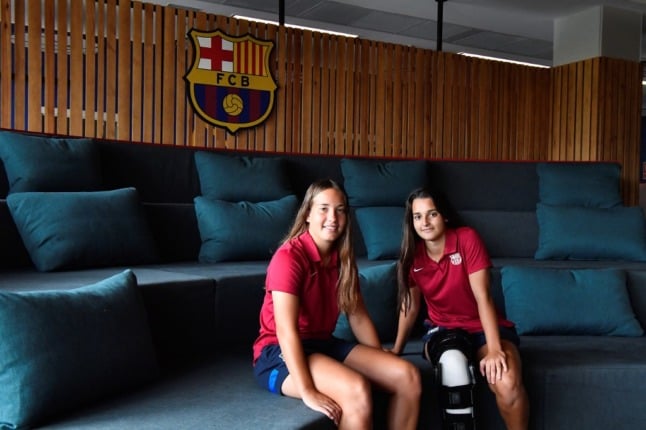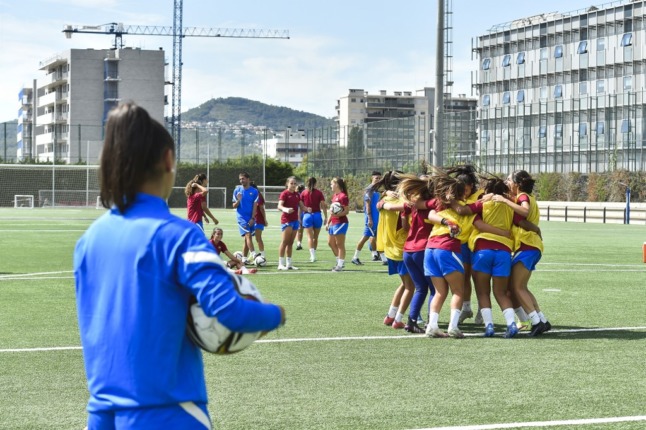The economic think-tank OFCE proposed the changes in a report as a solution to ongoing problem of inequality between men and women when it comes to careers.
It offered three suggestions to improve parental leave. One was to make the 11 days fathers are currently allowed to take off obligatory, the second was to double the length to 22 days, and the third was to make it six weeks.
An additional possibility was that women, who can currently take off six weeks before the birth and ten weeks after, would be able to transfer some of their maternity leave over to the father.
Forcing men to take their 11 days of paternity leave would reduce the impact on a woman’s career from taking a long maternity leave, the report said, as well as encouraging men to do more household and child-rearing work.
On average, women devote 33 percent less time to work than men, while earning 25 percent less, the report noted.
At the same time, women do 71 percent of household work and 65 percent of the time dedicated to looking after the family, the report said.
The report states that 15 years of budgetary initiatives haven’t encouraged French men to give more time to family-related work. Even when paternity leave is on offer, many men choose not to take it.
According to the OECD only 4 percent of French parents who take up parental leave are men. This is one of the lowest percentages of countries in the OECD.
Almost half of those French men who didn’t take the full leave said it was because they were “not interested”.





 Please whitelist us to continue reading.
Please whitelist us to continue reading.
Member comments